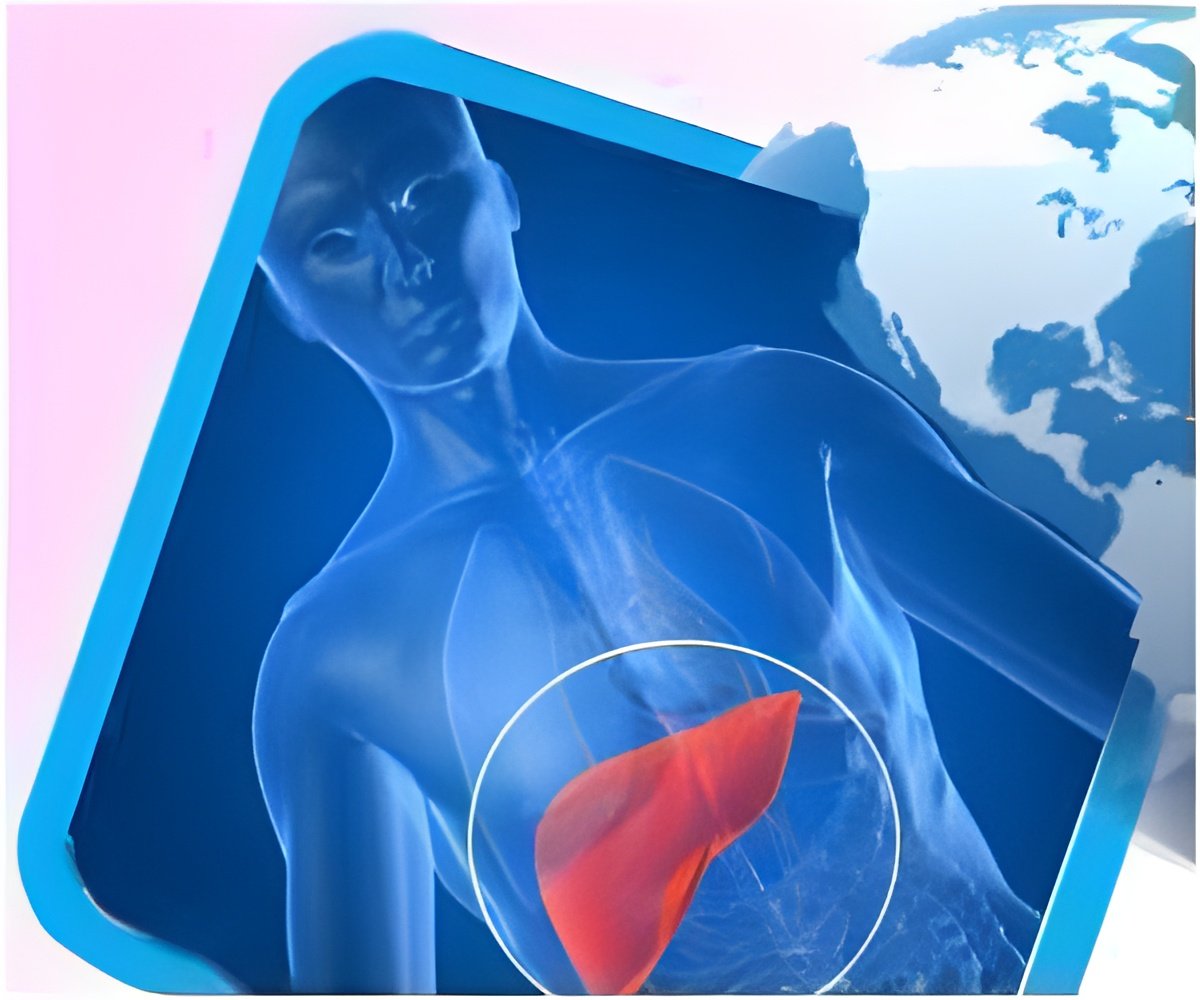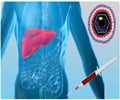HCV permissive mouse models may soon be a reality in the future

The study also corroborates previous data that the expression of apoE promotes production of infectious virus.
Although mouse orthologs of MAVS and TRIF could be cleaved by the HCV NS3/4A protease, this was not enough to establish robust HCV replication.
In contrast, impairment of type I and type III IFN signaling enhanced the permissiveness of murine fibroblasts for persistent HCV replication.
The in-depth study of hepatitis C pathogenesis and immune responses is currently hampered by the lack of suitable small animal models. This study is a positive step to addressing this issue.
Source-Eurekalert










